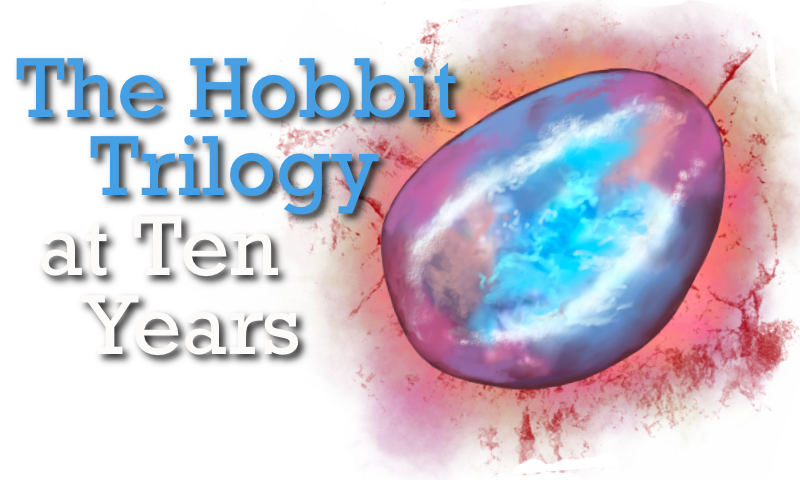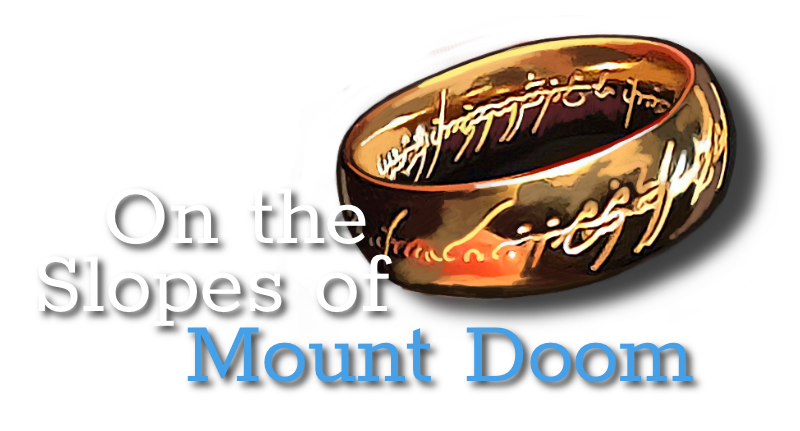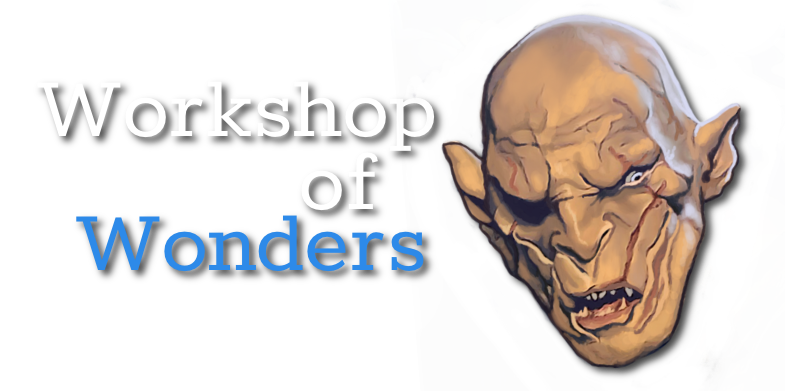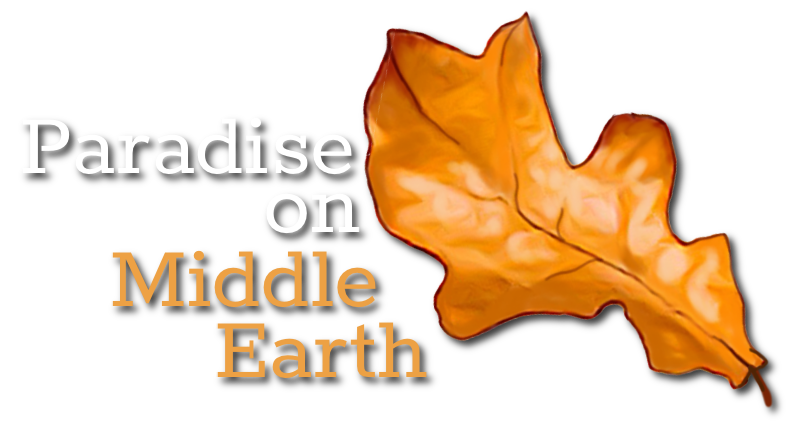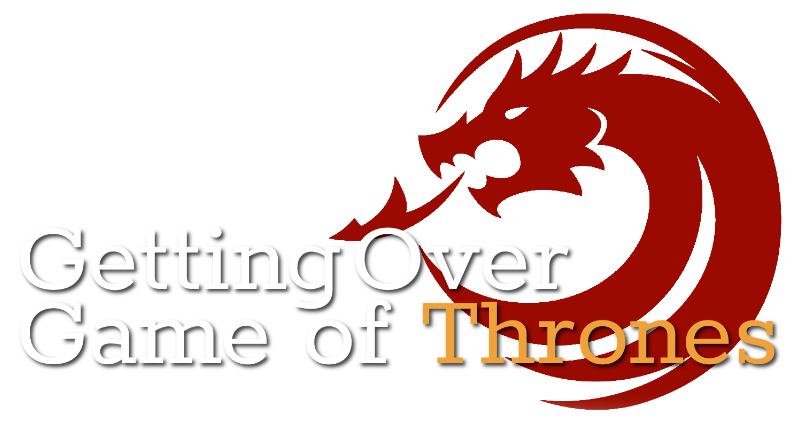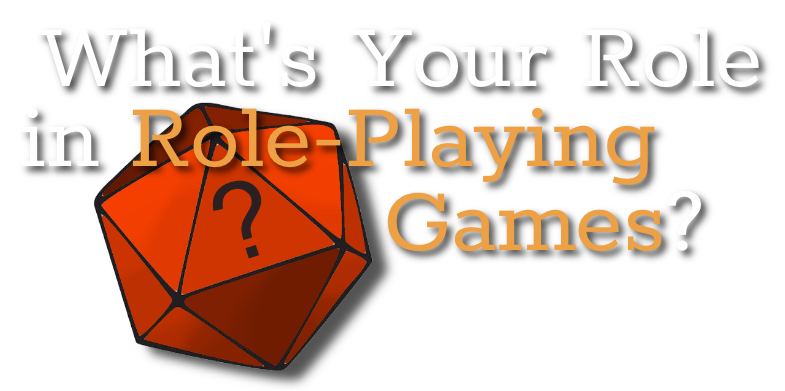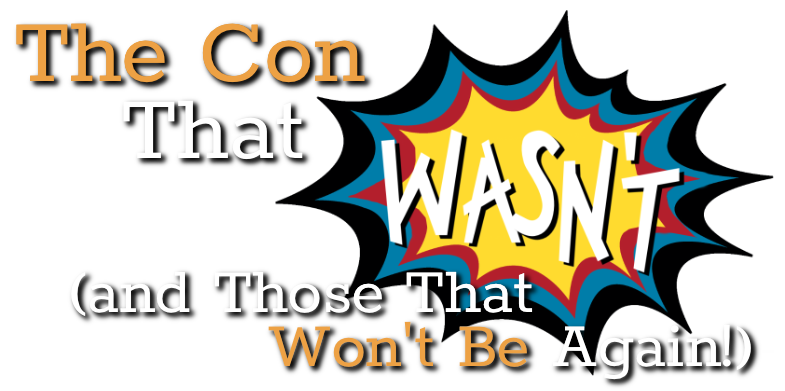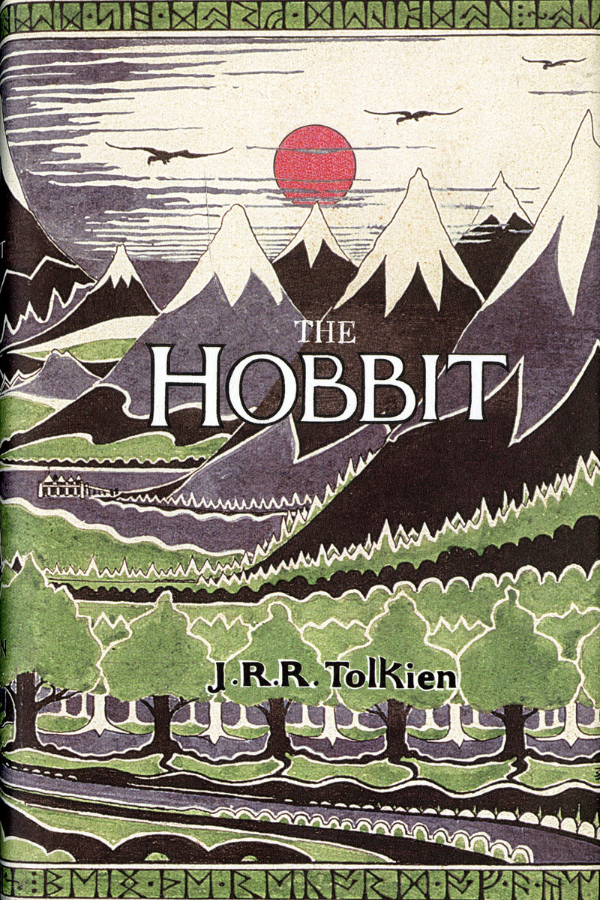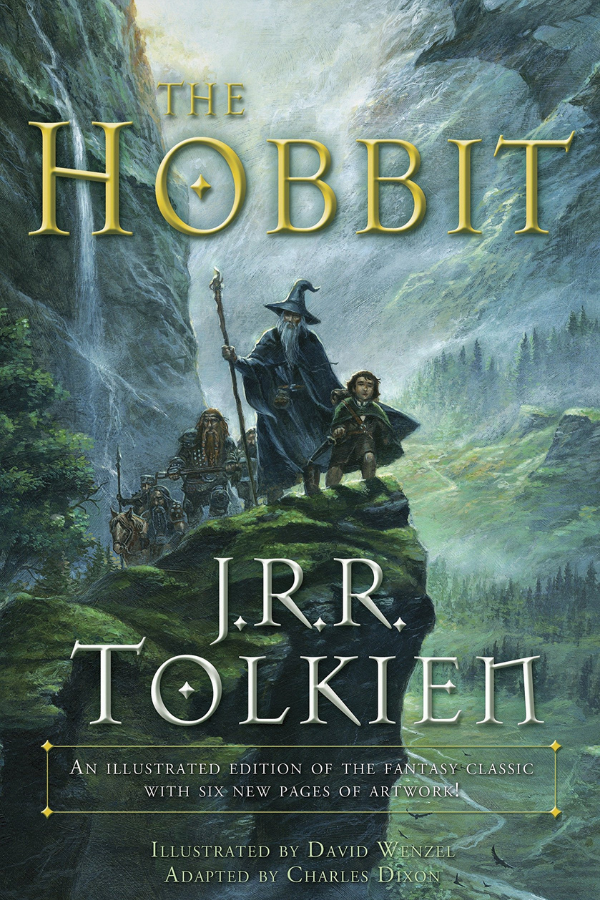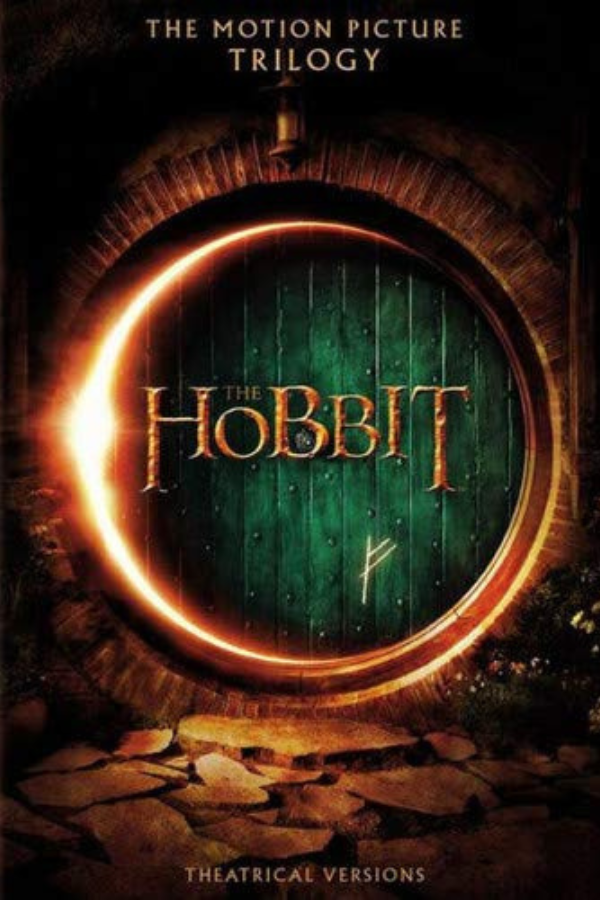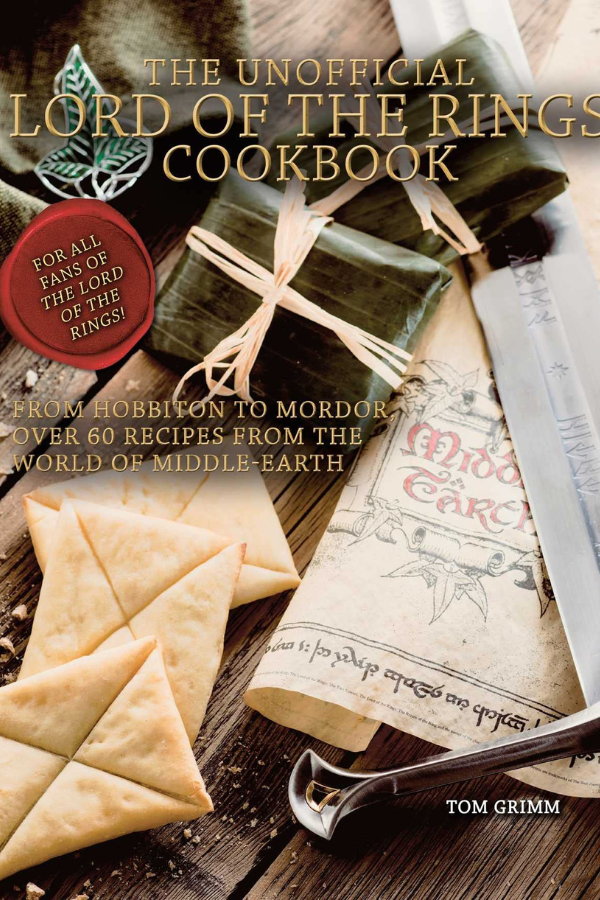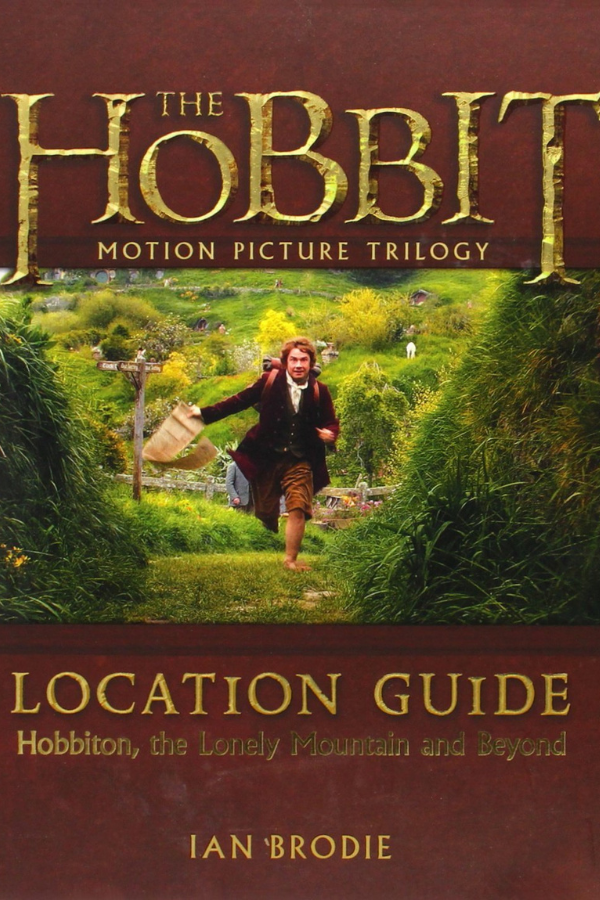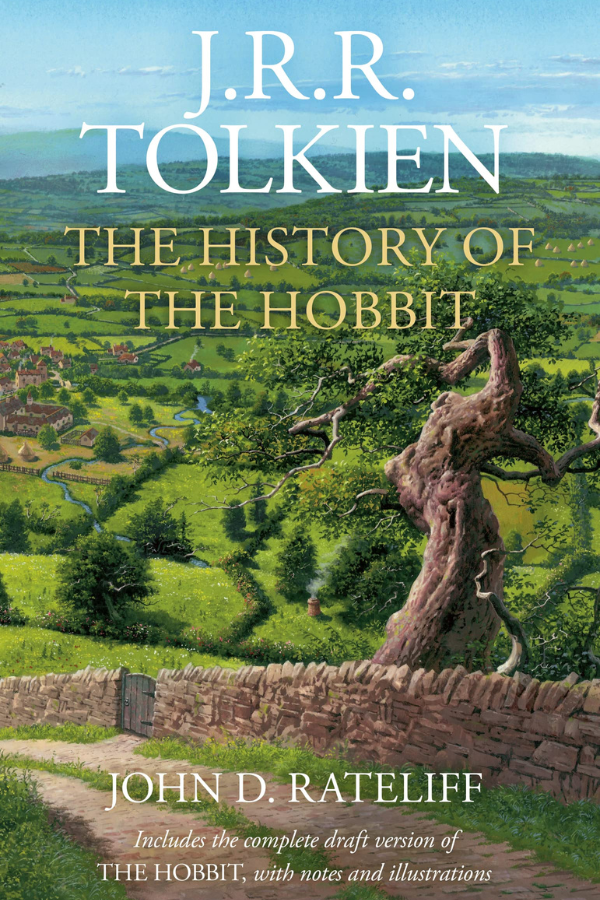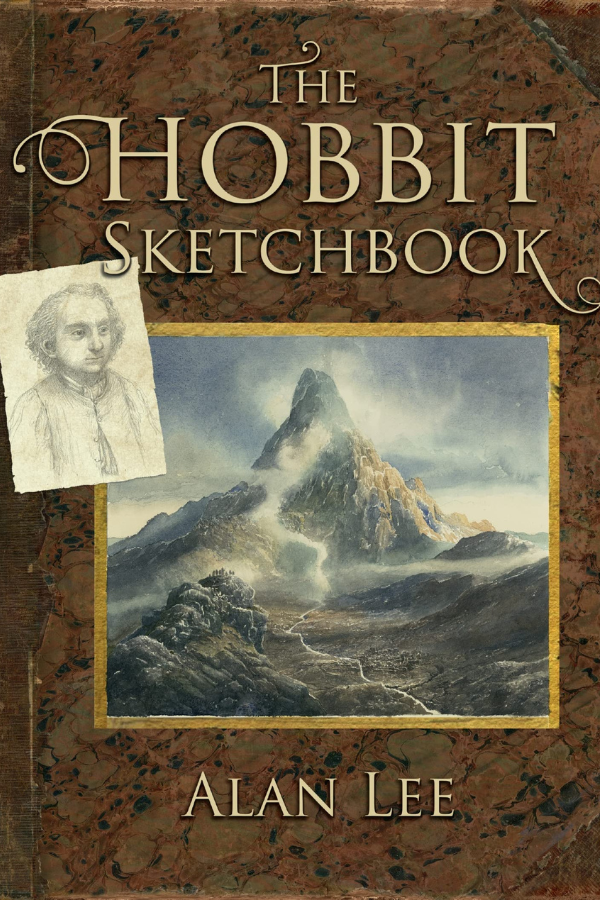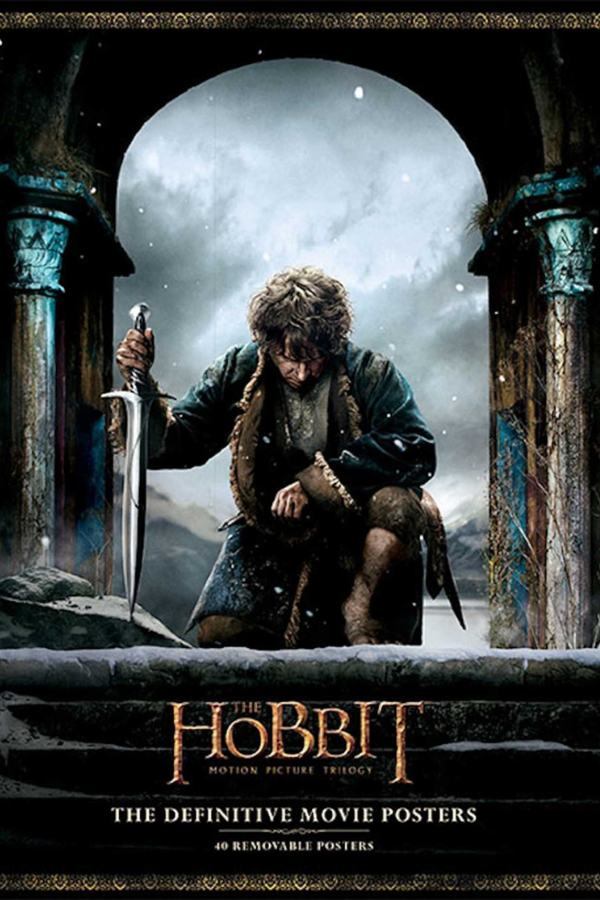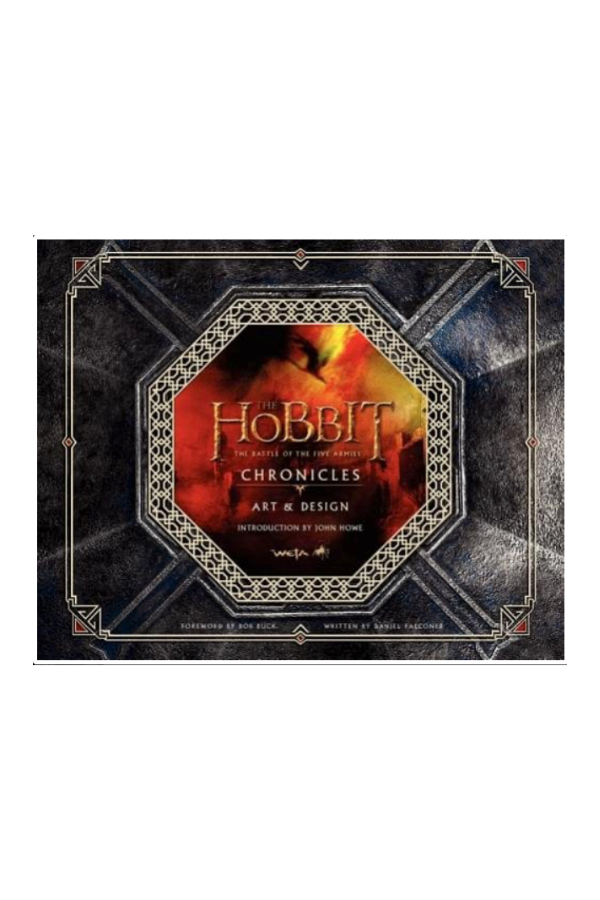<<BACK TO POP CULTURE
November 3, 2021:
Next year will be a ten year anniversary of The Hobbit: An Unexpected Journey, the first film in the trilogy directed by Peter Jackson and based on the book by J.R.R. Tolkien. After Jackson’s earlier success with The Lord of the Rings trilogy (2001-2003), The Hobbit was widely anticipated… but left many fans disappointed.
In the intervening decade, I have come to appreciate these movies more, in the same way I have come to appreciate the Star Wars prequels more. Both suffered from similar circumstances: having brilliant cinematic predecessors against which they were, and forever will be, judged. But comparison is a lazy form of criticism and does a disservice to both sets of films. More difficult is to judge a thing on its individual merits while trying to curtail our own biases and preconceptions.
So for their tenth birthday, I wanted to give The Hobbit films the gift of reassessment. To be as fair as possible, I rewatched and discussed the entire trilogy with a group of friends and family. Those assembled ran the gamut from rabid fans to the completely uninitiated, staunch critics to equally staunch apologists. Simultaneously, I re-read Tolkien’s book so the source material was fresh in my mind.
The chief complaint among Jackson’s critics, including those in my viewing group, was that the director had taken a short children’s story and turned it into a three film epic, drastically departing from the plot along the way. First, I have to wonder about the designation of The Hobbit as a “children’s story.” There’s an awful lot of murder and other horribleness in it to be so easily categorized as “a kid’s book.” Certainly there’s much truth that adapting a short novel into a three-part film was a flagrant money grab, but honestly, what did we expect from the film industry? Movie making is a corporate behemoth that earned over $42 billion worldwide in 2019 alone. The film industry exists to make money, not art. For that matter, so does the publishing industry that made Tolkien a rich man after The Hobbit was a best-seller in the late 1930s and his editors wanted more novels set in the same universe — hence the production of The Lord of the Rings books over a decade later.
Yet, as I read The Hobbit in conjunction with watching the films, I found the basic plot and premise intact. Jackson absolutely padded things out, but in his defense, Tolkien made that rather easy. The author’s tendency to shorthand major events (there was a great battle, and it was terrible, and then it was over); an over-reliance on deus ex machina (by sheer luck Bilbo finds something he needs at the very moment he needs it); and the spontaneous introduction of important characters with little or no context (Bard the bowman is a prime example), left plenty of gaps in the book’s narrative. While some of Tolkien’s literary “cheats” may have been purposeful and acceptable in early twentieth century literature, to a twenty-first century moviegoing audience they’d be considered sloppy storytelling. In fact, I’d argue that Jackson did the narrative some favors by “filling in the blanks” left behind by Tolkien.
November 3, 2021:
Next year will be a ten year anniversary of The Hobbit: An Unexpected Journey, the first film in the trilogy directed by Peter Jackson and based on the book by J.R.R. Tolkien. After Jackson’s earlier success with The Lord of the Rings trilogy (2001-2003), The Hobbit was widely anticipated… but left many fans disappointed.
In the intervening decade, I have come to appreciate these movies more, in the same way I have come to appreciate the Star Wars prequels more. Both suffered from similar circumstances: having brilliant cinematic predecessors against which they were, and forever will be, judged. But comparison is a lazy form of criticism and does a disservice to both sets of films. More difficult is to judge a thing on its individual merits while trying to curtail our own biases and preconceptions.
So for their tenth birthday, I wanted to give The Hobbit films the gift of reassessment. To be as fair as possible, I rewatched and discussed the entire trilogy with a group of friends and family. Those assembled ran the gamut from rabid fans to the completely uninitiated, staunch critics to equally staunch apologists. Simultaneously, I re-read Tolkien’s book so the source material was fresh in my mind.
The chief complaint among Jackson’s critics, including those in my viewing group, was that the director had taken a short children’s story and turned it into a three film epic, drastically departing from the plot along the way. First, I have to wonder about the designation of The Hobbit as a “children’s story.” There’s an awful lot of murder and other horribleness in it to be so easily categorized as “a kid’s book.” Certainly there’s much truth that adapting a short novel into a three-part film was a flagrant money grab, but honestly, what did we expect from the film industry? Movie making is a corporate behemoth that earned over $42 billion worldwide in 2019 alone. The film industry exists to make money, not art. For that matter, so does the publishing industry that made Tolkien a rich man after The Hobbit was a best-seller in the late 1930s and his editors wanted more novels set in the same universe — hence the production of The Lord of the Rings books over a decade later.
Yet, as I read The Hobbit in conjunction with watching the films, I found the basic plot and premise intact. Jackson absolutely padded things out, but in his defense, Tolkien made that rather easy. The author’s tendency to shorthand major events (there was a great battle, and it was terrible, and then it was over); an over-reliance on deus ex machina (by sheer luck Bilbo finds something he needs at the very moment he needs it); and the spontaneous introduction of important characters with little or no context (Bard the bowman is a prime example), left plenty of gaps in the book’s narrative. While some of Tolkien’s literary “cheats” may have been purposeful and acceptable in early twentieth century literature, to a twenty-first century moviegoing audience they’d be considered sloppy storytelling. In fact, I’d argue that Jackson did the narrative some favors by “filling in the blanks” left behind by Tolkien.
|
The subplot about the “necromancer” is a good example. Throughout the book, Gandalf periodically disappears on important business he refuses to talk about. It’s jarring to the book’s narrative to have a major character simply vanish for long stretches, and when these absences are finally explained, they are done so in such a cursory way that it’s difficult for the reader to understand the urgency. Jackson used Tolkien’s ambiguity to tie The Hobbit films to the LOTR films, which made some narrative sense — and even greater marketing sense. The character development of Bard is another worthy example. Bard is an important character in The Hobbit, yet he appears late in the book and is provided with only a meager backstory. However, Jackson’s Bard shows up earlier and is more likable as a widower with three children, the heroic defender of Laketown, and a man with a very defined grudge against the Smaug the dragon.
|
Did some of Jackson’s additions amount to fan pandering? Absolutely. The inclusion of Legolas (played by Orlando Bloom), a fan favorite from The Lord of the Rings, is the best example of this. Likewise, the contrived love triangle between Legolas, the she-elf Tauriel (Evangeline Lilly playing a character entirely invented by Jackson), and the dwarf Kili (Aidan Turner), is even less forgivable. This romantic subplot is my least favorite part about these films, made more intolerable by how ineffectual it is. Are we to believe that an elf and a dwarf, races who historically dislike each other, fall in love at first sight and ultimately betray their kings, their clans, and their cultures for each other?
In the final film, Tauriel weeps over the dwarf’s slain body and asks the elven king Thranduil (Lee Pace): “Why does it hurt so much?”
“Because it was real,” Thranduil replies.
Eh, no it wasn’t. And that awkward dialogue pretty much proves it.
My sister, a rabid Tolkien fan and the Queen of The Hobbit Apologists, can provide a running commentary on all of the liberties Jackson took with the original story — and passionately defend them in turn. But as she pointed out, not all of them are as contrived as Tauriel-the- star-crossed-lover, and most have Tolkien‘s DNA stamped upon them. To his credit, Jackson pulled generously from the author’s other works, such as The Silmarillion, in an attempt to keep his revised portrayal of Middle Earth as authentic as possible. I can respect this a lot more than screenwriters who just make shit up without any regard for the source material.
There’s a common belief that a movie will always be inferior to the novel from which it was adapted. It’s easy to demonstrate that this is untrue — and there are plenty of lists online which will provide examples. (The Lord of the Rings movies are included on many of them!) If The Hobbit had been rendered on film the way it was actually written, I doubt it would have been watchable. The 1977 animated version of the book, produced and directed by Arthur Rankin Jr. and Jules Bass, is often lauded for being more faithful to the book. But Rankin/Bass also took liberties with plot and character. There’s no mention of the Arkenstone, for example, and many of the characters look very different from how Tolkien described them. In my opinion however, it’s the plodding pace of the 1977 version which makes it tedious to watch. Of course, pacing wasn’t a problem with Jackson’s trilogy. Even the purists in the room acknowledged their enjoyment at watching these three exciting films. Is this because Jackson betrayed his source material (which also plodded along at times), or because he understood the moviegoing public needed something faster paced?
Creating a film and writing a novel are completely different vocations, each requiring their own special expertise while being mindful of their unique audiences. Maybe — just maybe — it’s okay to enjoy each on their individual merits without constantly inviting comparison? So ten years on, and with this in mind, I would argue that Jackson’s Hobbit films are deserving of more respect.
In the final film, Tauriel weeps over the dwarf’s slain body and asks the elven king Thranduil (Lee Pace): “Why does it hurt so much?”
“Because it was real,” Thranduil replies.
Eh, no it wasn’t. And that awkward dialogue pretty much proves it.
My sister, a rabid Tolkien fan and the Queen of The Hobbit Apologists, can provide a running commentary on all of the liberties Jackson took with the original story — and passionately defend them in turn. But as she pointed out, not all of them are as contrived as Tauriel-the- star-crossed-lover, and most have Tolkien‘s DNA stamped upon them. To his credit, Jackson pulled generously from the author’s other works, such as The Silmarillion, in an attempt to keep his revised portrayal of Middle Earth as authentic as possible. I can respect this a lot more than screenwriters who just make shit up without any regard for the source material.
There’s a common belief that a movie will always be inferior to the novel from which it was adapted. It’s easy to demonstrate that this is untrue — and there are plenty of lists online which will provide examples. (The Lord of the Rings movies are included on many of them!) If The Hobbit had been rendered on film the way it was actually written, I doubt it would have been watchable. The 1977 animated version of the book, produced and directed by Arthur Rankin Jr. and Jules Bass, is often lauded for being more faithful to the book. But Rankin/Bass also took liberties with plot and character. There’s no mention of the Arkenstone, for example, and many of the characters look very different from how Tolkien described them. In my opinion however, it’s the plodding pace of the 1977 version which makes it tedious to watch. Of course, pacing wasn’t a problem with Jackson’s trilogy. Even the purists in the room acknowledged their enjoyment at watching these three exciting films. Is this because Jackson betrayed his source material (which also plodded along at times), or because he understood the moviegoing public needed something faster paced?
Creating a film and writing a novel are completely different vocations, each requiring their own special expertise while being mindful of their unique audiences. Maybe — just maybe — it’s okay to enjoy each on their individual merits without constantly inviting comparison? So ten years on, and with this in mind, I would argue that Jackson’s Hobbit films are deserving of more respect.

